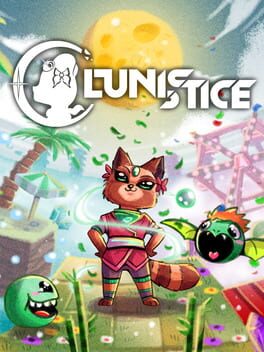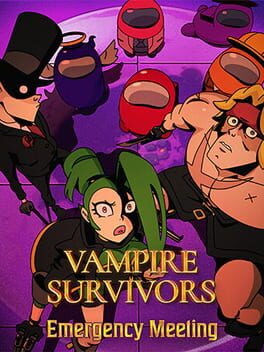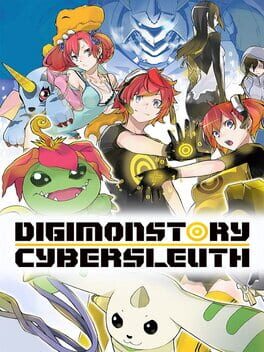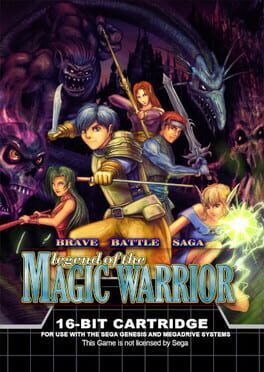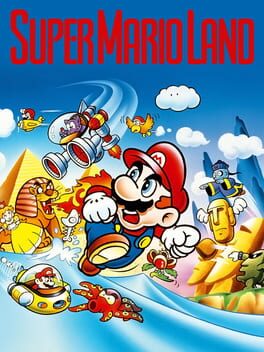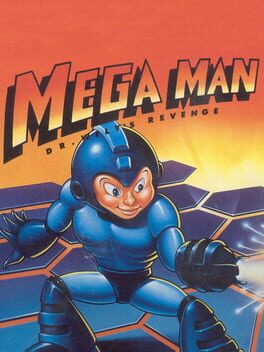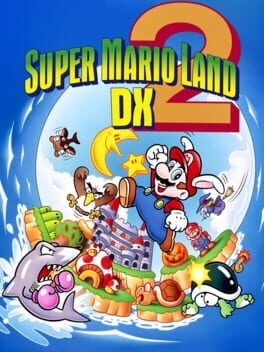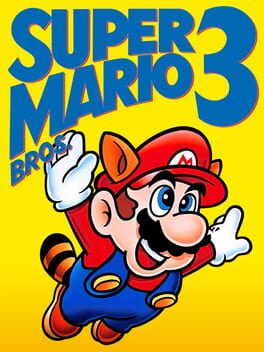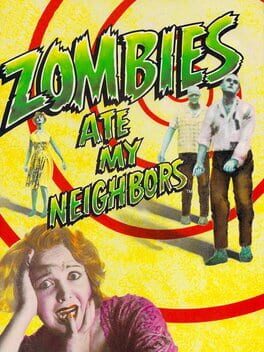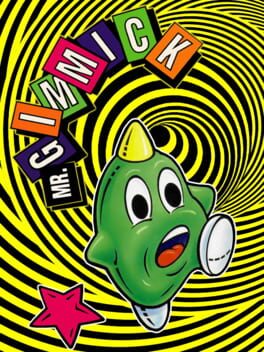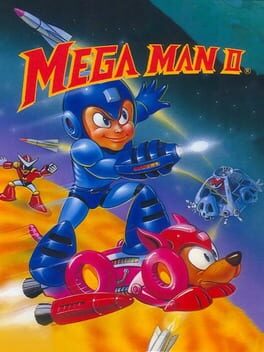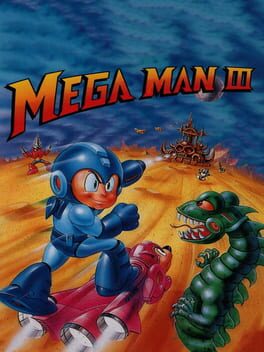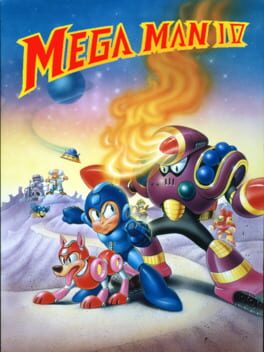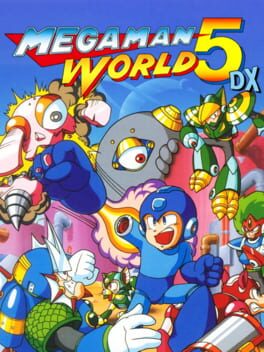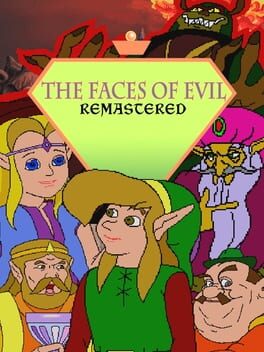Beesidia
2022
1989
A superior sequel. The open-ended world structure combined with quick levels and unique themes makes this a fresh and fun experience. This game further affirms my belief that Mario games are much better when their stages are short. My only 2 gripes is that Mario feels a bit floaty, and every boss is too straightforward.
1988
Solid sequel. SMB3 prioritizes short levels, and this makes for an enjoyably brisk pace. My only real issue is how troll-like some levels can be. The fortresses in particular are some of the strangest levels I've ever seen in a Mario game. A second playthrough is due, since I skipped from World 2 to 7, causing me to miss half of the game.
Starts strong, but as time goes on, levels become more balanced towards players who didn't game over (aka have more weapons and items). Some levels feel like they only exist to drain resources. By the end, I didn't care anymore and used a trick + passcode to complete my run. Shame, because I otherwise really like the game.
1992
It's a competent game, but it isn't for me. The combat loop is okay, and I don't find the trollish level design to be fun to learn. Combined with the fact that using a continue ruins your chance of a good ending, and you have a game I'm not to quick to invest my time into. Perhaps another day. Music slaps though.
1991
1992
1993
Took the strengths of MMW3 and polished everything. The levels are harder and more engaging versions of 4 and 5 NES's content. The shop, Energy Balancer, alternate routes, secrets, and collectibles add wonders to this game's quality. The only downsides are again the frame drops, brutal checkpoints, and long levels.
2022
Superb. Unlike the other World games, MMW5 is completely original, while borrowing the strengths of MM6. Because of this, MMW5 has levels with exploration elements, bosses that are significantly better, and all around higher polish. This is not only the best MMW game, but one of the best in the series by a mile.
Can't say I hated it. Surprisingly good replay value. I'm sure the remaster cleans up a lot of things I would have otherwise picked at, but outside of some mandatory grinding, jank, and occasionally vague sequences (which is helped by a hint system), the experience itself plays like a passable - albeit brisk - tribute to Zelda II.
